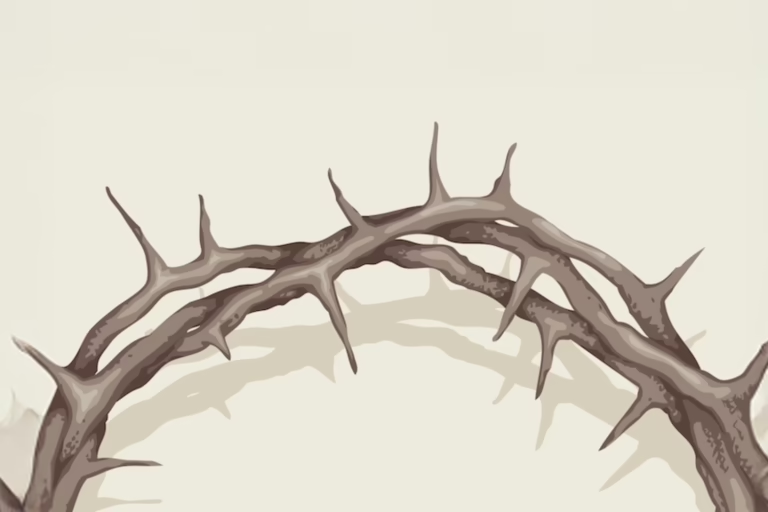Read: Matthew 25:14-30
I was afraid, and I went and hid your talent in the ground. (v. 25)
A compelling nonfinancial interpretation of the parable of the talents comes from the pastor and writer Frederick Buechner in an essay called “The Stewardship of Pain.” Buechner says the parable asks, “How do we get the most out of what we are so variously and hair-raisingly given?” He goes on to wonder about the personal pain we experience in life. In the words of this parable, do we bury our pain or somehow trade with it?
Fear motivates the lazy servant to bury his master’s money, and fear motivates us to bury our pain in myriad ways: the abuse of alcohol and drugs comes quickly to mind, but others overwork or overeat or compulsively shop or simply close themselves off to their emotions. Therapists and counselors spend lots of time with people who, in one way or another, have buried their pain and have discovered that the buried life is darkness and wailing and gnashing of teeth.
In the parable, the good stewards trade, and trading our pain doesn’t mean wearing it on our sleeves or constantly overwhelming others with it. It does mean talking to each other from the depth of it. It means letting the universal human experience of pain become our source of empathy, compassion, and wisdom.
Jesus experienced great pain in his earthly life. He was a remarkable steward of his pain, trading the suffering of the cross for our salvation. —Jeff Munroe
As you pray, ask God to guide you in using your life experiences for God’s glory.
About the Author

Jeff Munroe
Jeff Munroe is the editor of theReformed Journaland, in addition to being the author of the best-selling book Reading Buechner: Exploring the Work of a Master Memoirist, Novelist, Theologian, and Preacher, is also a poet, blogger, and essayist. His work has appeared in Christianity Today, The Christian Century, US Catholic, and The Reformed Journal.
- Jeff Munroe#molongui-disabled-link
- Jeff Munroe#molongui-disabled-link
- Jeff Munroe#molongui-disabled-link
- Jeff Munroe#molongui-disabled-link


